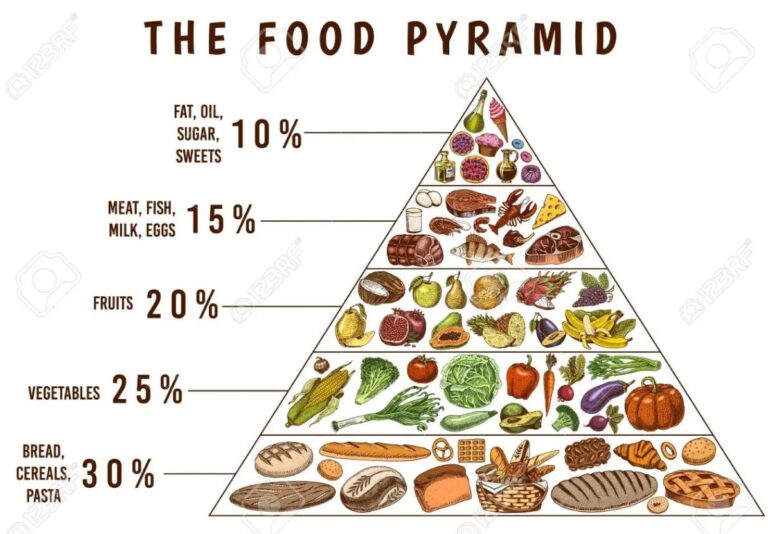A balanced diet consists of a variety of foods that provide all the essential nutrients your body needs to function properly. This includes carbohydrates, proteins, fats, vitamins, minerals, and water. Each nutrient plays a unique role in the body and has specific requirements for optimal health.
Now, let’s dive into why a balanced diet is important. Eating a balanced diet can help maintain a healthy weight, reduce the risk of chronic diseases, and improve overall health and well-being. For example, a diet high in fruits and vegetables can help lower blood pressure and cholesterol levels, while a diet high in whole grains can reduce the risk of type 2 diabetes.
So, how can you achieve a balanced diet? Here are some tips:
1. Focus on whole foods: Whole foods are foods that are minimally processed and as close to their natural state as possible. These include fruits, vegetables, whole grains, lean proteins, and healthy fats. These foods are nutrient-dense and provide a wide range of essential vitamins and minerals.
2. Watch your portions: Portion control is important to maintain a healthy weight and prevent overeating. Use smaller plates, measure your food, and be mindful of your hunger cues.
3. Limit processed foods: Processed foods are often high in calories, sodium, and unhealthy fats. Try to limit your intake of processed foods and opt for whole food alternatives.
4. Include a variety of foods: Eating a variety of foods ensures that you’re getting all the essential nutrients your body needs. Try to include foods from all food groups in your meals.
5. Stay hydrated: Drinking enough water is essential for maintaining proper bodily functions. Aim for at least eight glasses of water per day.
A balanced diet is essential for maintaining good health and preventing chronic diseases. Eating a variety of whole foods, watching your portions, limiting processed foods, and staying hydrated can help you achieve a balanced diet. By making small changes to your diet, you can improve your overall health and well-being.


